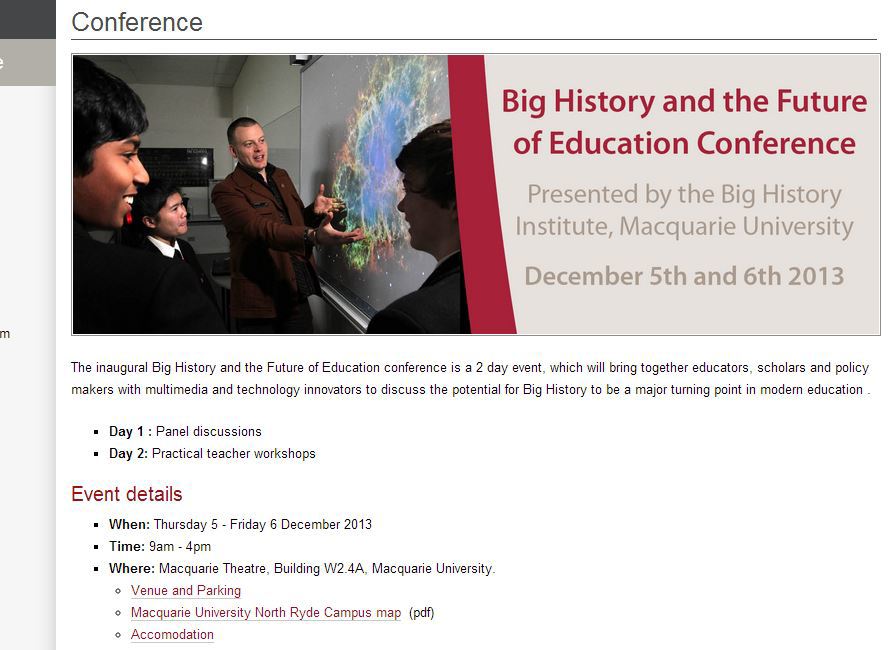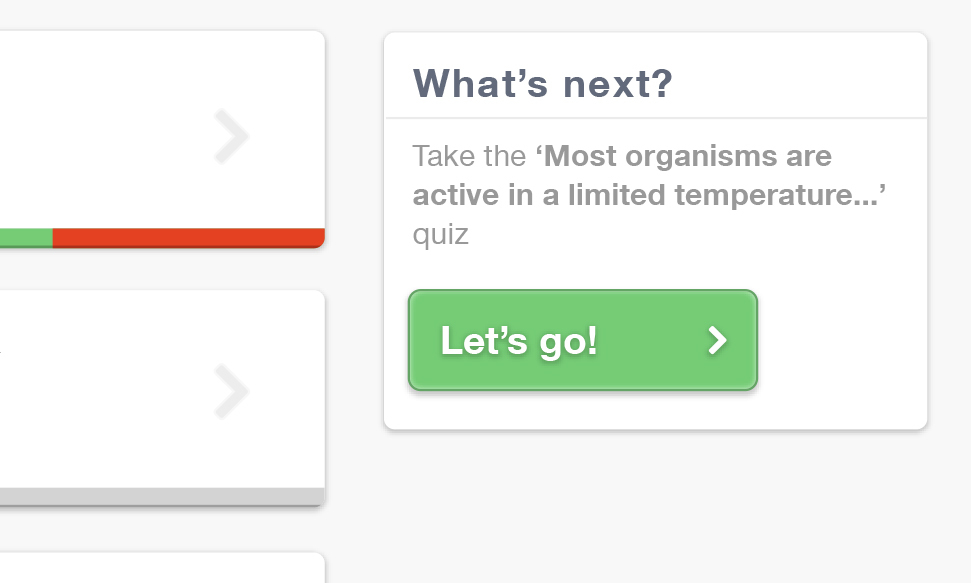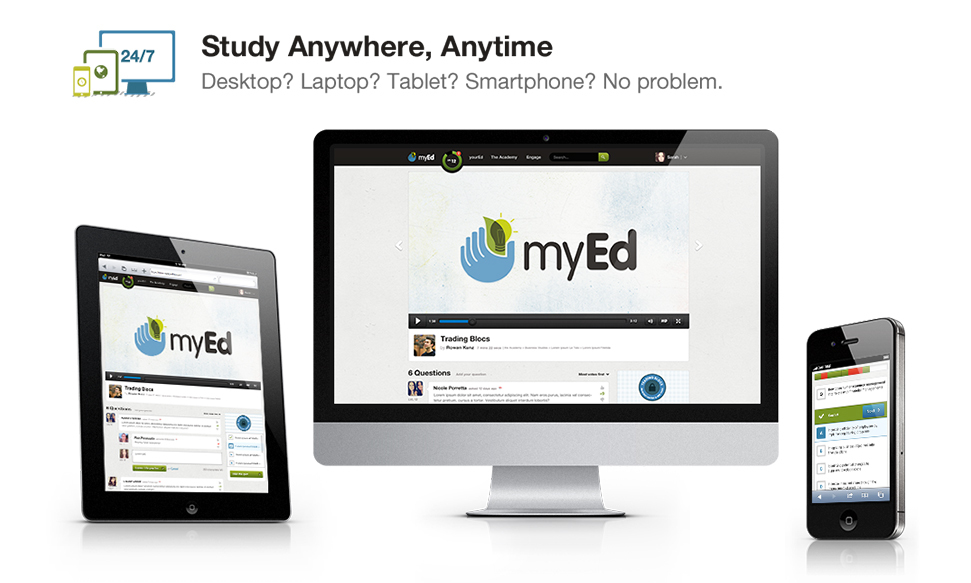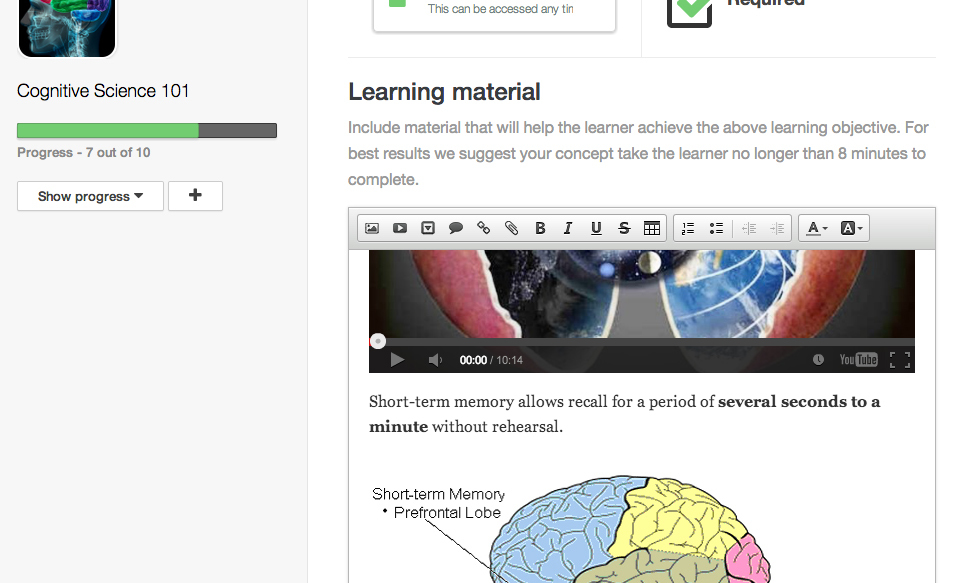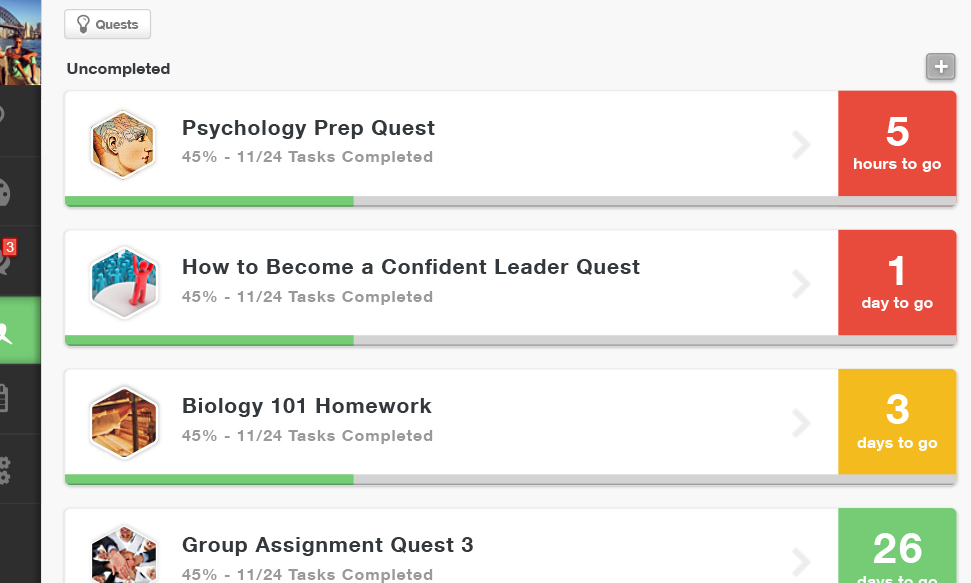Big History, and "Generalism"
This is post 2, of 3 posts spruiking groovy opportunities floating about at the moment. (The last one was: beta-test a next-generation learning management system).
This one should appeal to: History teachers, Science teachers, Geography teachers, Primary teachers, and more broadly, everyone.
Big History
The opportunity: a free conference for educators with experts in the field, next week, at Macquarie University in Sydney. Go suss it out, and maybe come along?
Yes, Steve, but WHAT IS IT?
Darcy Moore introduced me to Big History via a Facebook post spruiking this audiobook - available cheaply via Audible.
You might want to read Darcy's blog post!
I loved the audiobook, and the concept:
- Big History is an emerging integrated field, championed by David Christian from Macquarie University since about 1990.
- It treats history as everything since the beginning of the universe.
- Therefore, it seeks to bring together diverse fields such as astronomy, cosmology, anthropology, archaeology, natural history, biology, economics, geology, physics and chemistry.
Here's a TED talk by Christian on Big History:
About "Generalism"
I love Big History because for some years now I have realised how deeply I value generalism and aspire to be a generalist. I just wish the word "generalist" didn't sound so boring and mundane!
I want to dig in to every field of expertise that exists, and mine it for whatever insights it can offer into our amazing world for a layman's mind. Yes, each field has its experts, spending years diving deeper into particular sub-aspects of other sub-aspects of the field, but all this research and wrestling and discussion feeds into insights and paradigms, and these can be intelligible to outsiders like me.
For instance, I have had no formal study of biology ever, but after a few years of obsessively reading books, articles, listening to audiobooks, asking qualified friends, etc, I have a broad sense of what sort of a world is contained within our cells. I know its driven by Brownian motion, stuff smashing into other stuff. I know that the geometric shape of proteins is critical to extracting meaningful work from all these bumps.
From other reading I know that huge magnetic fields play a protective role preventing "cosmic rays" from mucking up our DNA too much. Suddenly I'm in cosmology, not biology, but the why a gap? I also learn that atoms, apart from hydrogen and helium, needed a supernova to be formed, meaning many atoms in my body came into being during the life of a previous star, before our solar system existed.
It's glorious when these different worlds, the world of the very small, and the galactic, meet in incredible mutual relevance.
So I want to do MORE connecting. I want to connect the Brownian motion of cells to how social networks can operate. In social networks, people bump into each other, and not physical shapes but another sort of shape has an impact on how we then interact, and what results.
You think I'm stretching the metaphor? But everything is metaphor, everything is analogy. I can't understand any new thing except via a bridge built from what I know already.
For me, there aren't enough hours in the day to go mining into other people's fields and swim in their hard-won insights.
This is why, when Darcy introduced me to Big History, I couldn't get enough of it!
Integrated Learning
This is so obvious I'm can't be bothered typing it. It often becomes a problem in High School and gets worse and worse.
Here's a tiny, practical idea: a few weeks ago I created a Google doc and flicked it through my Year 8 teacher colleagues. The document had a simple table with a row for each week in the year. Then, a column for each subject. "Please write in the topics that come up in your subject" I wrote.
It took a couple of minutes, and immediately it became apparent that PDHPE are doing the human body while Science is doing the human body. Music is looking at music in film, while English are doing film study, and in French we're producing a French play in film.
It's about a camera lens. Forest for the trees. Have to zoom out. Have to de-focus our eyes and look for meaning.
Anyway, Big History... come along!

